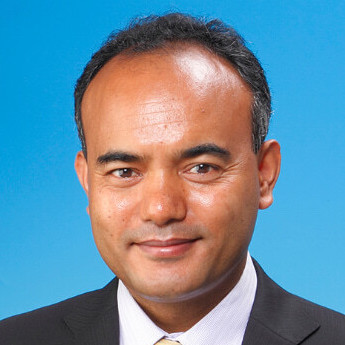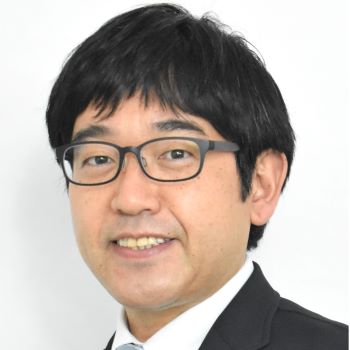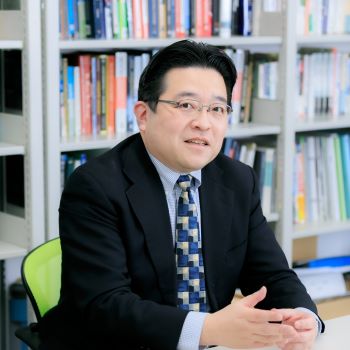


In order to resolve a broad range of worldwide issues and realize a truly sustainable society, we must develop smart cities and eco-towns using the leading-edge information processing technologies of artificial intelligence, the Internet of Things, and big data while promoting innovative eco-innovation in renewable energies including biomass and hydrogen. In the new 21st century research areas of the environment, information, and urban life, there is an urgent need to nurture professionals. Graduates of this graduate school now play important roles in the fields of research, consulting, information technology, and public policies as experts in resolving worldwide environmental and social issues. Sixty professors representing the environmental information and urban life areas look forward to welcoming students who will help to realize a sustainable society through studies at TCU.

Analyzing our society's issues and proposing solutions will contribute to building a sustainable society. Our society demands human resources that have acquired advanced professional knowledge, data analysis skills, and field experience. In the Environment and Information Study Course, faculty members with backgrounds in "Environmental Studies" and "Informatics" are actively engaged in project-based research with graduate students. We encourage you to investigate the research topics and content of the faculty members. There are faculty members in this course who can collaborate with you.

The Urban Life Study Course aims to develop human resources who will lead innovation in urban life field by acquiring professional abilities that contribute to resolving various social problems and to establish sustainable society. Specifically, the course provides four fields of expertise -business, management, design, and social system- in urban life studies. Students will be encouraged to study interdisciplinary scholarship and practice through cross-cutting expertise in multiple fields to become leading professionals with wider perspectives, advanced research skills and persuasive remark.

In Asia and the Pacific, where greenhouse gas emissions are the largest in the world and are expected to continue to increase, climate change countermeasures, including the introduction of decarbonization technologies, transformation of consumption structures, and development of social infrastructure, are of paramount importance. In order to achieve carbon-neutrality, Tokyo City University and Edith Cowan University collaborate to foster the ability to identify and solve problems by integrating different perspectives and values from different countries and to develop cross-cultural adaptability. The program will cultivate the ability to identify and solve problems by integrating different national perspectives and values, as well as the ability to adapt to different cultures, and nurture human resources capable of demonstrating leadership in Asia and the Pacific. We are looking forward to developing a network of leaders with a global perspective in Asia and the Pacific.